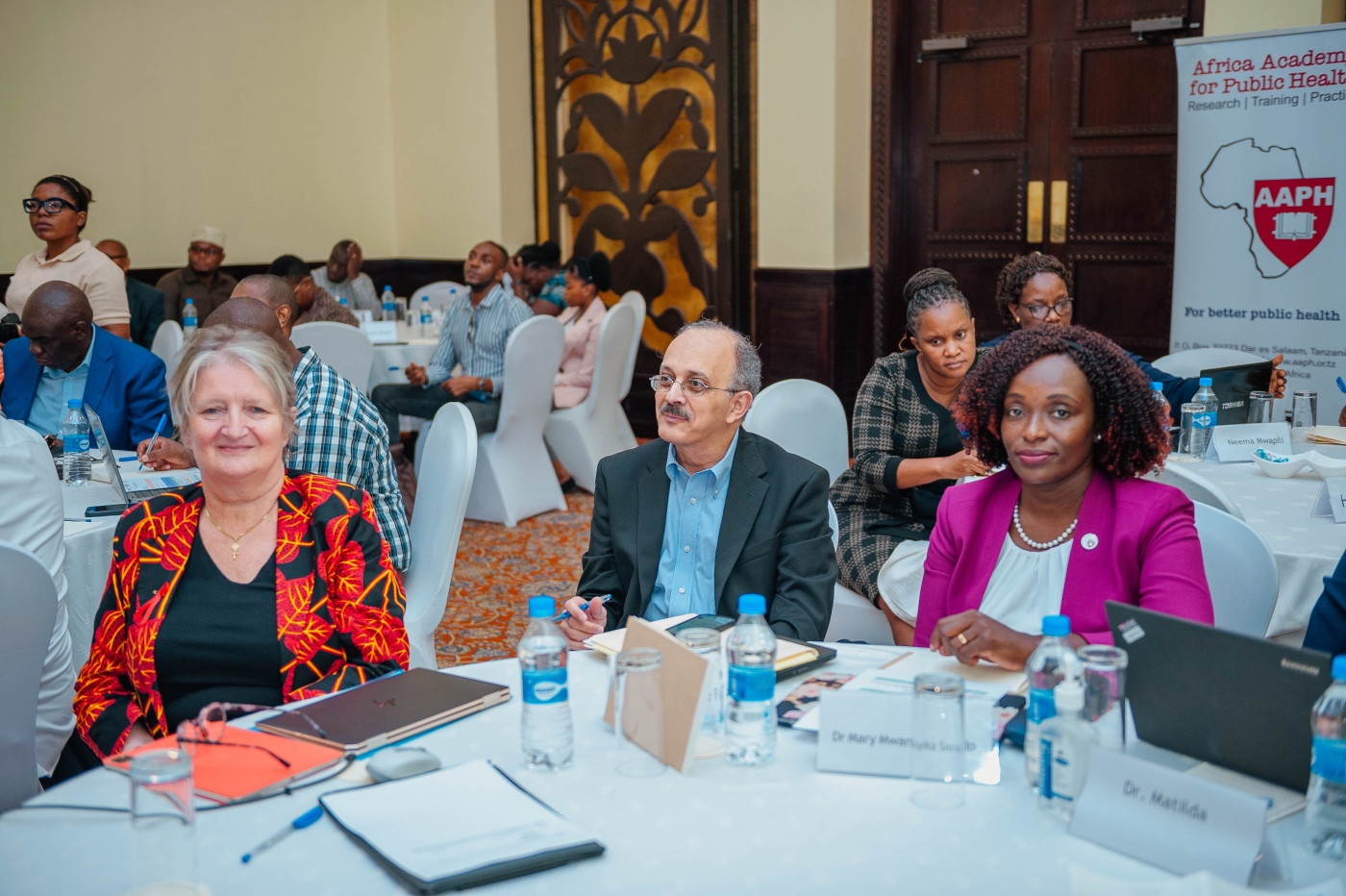
Despite progress in reducing maternal and child morbidity and mortality globally, there is a continued need for strategies to improve health among women and children, particularly in low- and middle-income countries (LMICs). Multiple factors affect the health and wellbeing of women of reproductive age (WRA) and their infants. This includes nutritional status, and practices relating to family planning. The burden of undernutrition among WRA remains high: according to recent estimates, approximately one tenth of women and one quarter of adolescent girls are underweight, close to one third of non-pregnant WRA have anemia, and over two thirds have micronutrient deficiencies – with the highest burden located in LMICs. Additionally, 256 million women globally continue to lack access to modern methods of contraception, and unintended pregnancies and short spacing of pregnancies remain common problems, particularly in LMICs. Poor nutrition and limited access to family planning methods result in increased risks of morbidity and mortality among women and their children, and effective interventions are needed to address these risks to improve health in these populations.
Family planning and nutrition are thought to be linked through multiple pathways. Use of family planning methods may help to delay pregnancy, increase birth intervals, and increase reproductive choices could help to increase women’s educational attainment and income - all of which may lead to improved nutritional status of women and their children. Certain contraceptive methods may also help to address anemia through reduced menstrual bleeding. Yet to date, evidence on the epidemiologic associations between family planning and nutrition has not been comprehensively summarized, and there is limited understanding of whether and how efforts in these two domains may be aligned on the ground. A clearer understanding of these links could help to improve the design and streamlining of strategies in nutrition and family planning, to achieve increased impact for both.
The Family Planning and Nutrition project, undertaken by the Harvard T H Chan School of Public Health, the Africa Academy of Public Health, and the Nouna Health Research Center, bridges these key gaps in our understanding of the links between family planning and nutrition. The overarching goal of the project builds a comprehensive overview of the links between family planning and nutrition, including documenting epidemiologic associations and alignment of services in population-based programmes. The project encompasses both a broader synthesis of evidence across LMICs and more focused country-specific analyses in Tanzania and Burkina Faso, using quantitative and qualitative approaches to gain insight into opportunities to leverage synergies between family planning and nutrition to improve outcomes for women and children.
In this day-long event, evidences were presented and discussed on the links between family planning and nutrition, showcasing findings from the Family Planning and Nutrition project and other key work in this area led by colleagues in the sub-Saharan African region. The keynote address was delivered by Dr. Marleen Temmerman, a global expert in women and children’s health. A series of presentations were made focusing on three key themes: the epidemiologic associations between family planning and nutrition, global and regional evidence and perspectives on programmatic links between the two domains, and country-specific experiences and perspectives on aligning family planning and nutrition. This was followed by a guided discussion of evidence gaps and next steps in this area, held among a smaller group of experts and stakeholders.
Through this workshop, we engaged with a range of stakeholders, including those working in academia, policymaking and programme implementation, government officials, and civil service representatives working across family planning, nutrition, and allied domains. The workshop provided a platform for consideration and discussion on collaboration opportunities in this area For Better Public Health.
